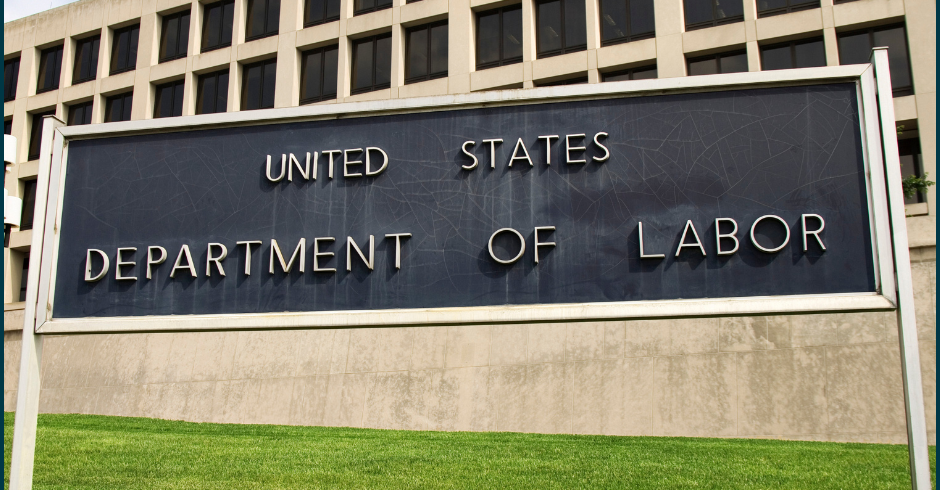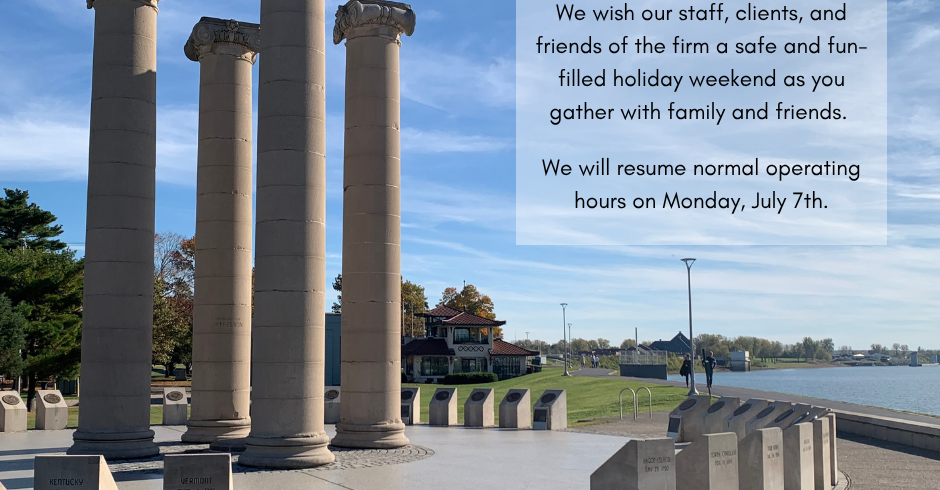By Makenzie Mehringer and Jackson Treadway
Words must always be chosen carefully during settlement negotiations, as they can be legally binding even when unintended. In Devon Energy Production Company v. Line Finders LLC, the Tenth Circuit Court of Appeals affirmed the enforcement of a settlement agreement based on an attorney’s email to opposing counsel that a draft “settlement agreement looks fine” and that the attorney would “procure a signature.”

In 2018, a lawsuit was filed alleging that two Line Finders employees were injured in a gas-line explosion that was caused by a Devon Energy employee. After many offers and counteroffers, Line Finders asked Devon Energy to prepare a draft settlement agreement for review, which both parties were to sign. On May 21, 2021, Devon Energy sent Line Finders the settlement agreement. That same day, Line Finders’ attorney responded, “The settlement agreement looks fine. Please send me an execution version and I will procure signature.” Devon Energy did not immediately send an executed version to Line Finders, and Line Finders never signed the settlement agreement. Nevertheless, Devon Energy moved the district court to enforce the settlement agreement and enter judgment on its claim for declaratory relief.
The Court ultimately ruled that the attorney’s email rendered the draft settlement agreement binding. Relying on J.P.C. Petroleum Corp. v. Vulcan Steel Tank Corp., the Court stated that a “contract becomes binding where it is executed by one party, is forwarded to the other for execution or approval, is received and retained by the latter but never formally signed or approved by him, and both parties act in reliance upon it as a valid contract.” 118 F.2d 713, 716 (10th Cir. 1941). Line Finders’ counsel accepted the settlement agreement on May 21, and nothing in the settlement agreement required mutual execution.
While Indiana courts have not had an opportunity to rule on a situation identical to the case before the Tenth Circuit, they have broadly held that settlement agreements can be enforceable once the parties simply reach an acknowledged meeting of the minds. See Zimmerman v. McColley, 826 N.E.2d 71 (Ind. Ct. App. 2005); Sands v. Helen HCI, LLC, 945 N.E.2d 176 (Ind. Ct. App. 2011). In both of the above-cited cases, the Indiana Court of Appeals enforced settlement agreements that were not agreed to by signature. In Zimmerman, the Court stated, “A contract is an obligation attached by the mere force of law to certain acts of the parties.” These “acts of the parties” can be, as was the case in Devon Energy v. Line Finders, as simple as an email stating that the “settlement agreement looks fine” and proceeding as though the dispute has been settled.
Individuals are encouraged to keep this decision in mind and choose their words and actions carefully when engaged in settlement and contract negotiations, so as not to unintentionally accept terms and/or an agreement. The assistance of an attorney familiar with negotiations and contracts can help prevent any unintended consequences. For more information or assistance with settling disputes or other legal matters, please contact Makenzie Mehringer, Jackson Treadway, or another KDDK Legal Professional.






